RIPE Atlas has two new types of customised measurements: DNS and SSL certificates, and a new interface for user-defined measurements (UDM).
After being beta-tested for more then two months, and as announced in the August release of the "road-map", two more types of RIPE Atlas User Defined Measurements (UDM) are now available: DNS and SSL , and the user-interface has been given a makeover. (If you are new to UDMs, please refer to this introductory article or read the description on the RIPE NCC web site .)
Only probe hosts and RIPE NCC members are eligible for specifying their own measurements towards the target of their choice; visitors of the RIPE Atlas site can get access to the data generated by the built-in measurements of 1750+ probes towards the fixed targets, which gives a "big picture" of the reachability of various points of the Internet infrastructure.
In total, it is now possible to specify 4 different measurement types :
- ping
- traceroute
- DNS
- SSL
All of them can be specified towards both, IPv4 and IPv6 targets.
DNS Measurements
DNS measurements have been the single most requested feature for user-defined measurements, and we are pleased to be able to offer them now. Both UDP and TCP query types are available, and it is possible to check DNSSEC functionality by selecting "DO" and specifying a larger packet size.
Figure 1 below shows a DNS measurement in the process of being created.
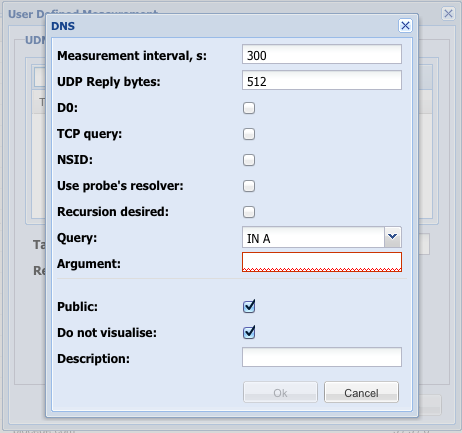
Figure 1: The options for creating a DNS measurement in the UDM wizard
Both UDP & TCP DNS measurements consume 10 credits .
SSL Cert Measurements
SSL certificates - shown in the process of being specified in Figure 2 below - are also being introduced.
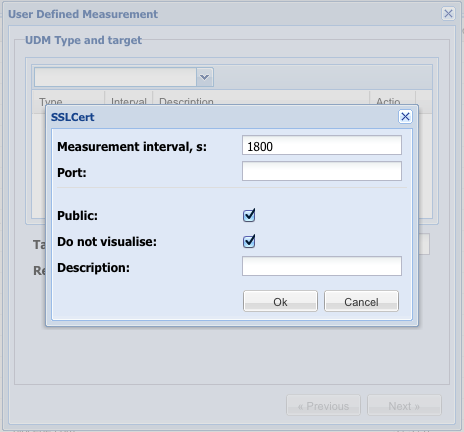
Figure 2: The options for creating an SSL measurement in the UDM wizard
The initial consumption rate for an SSL measurement is 10 credits.
Wizard: a New UDM Specification Interface
We have also replaced the user interface that was used only for ping and traceroute measurements, with a new one, called "wizard". To help you navigate the increasing options, we now use multiple screens to guide you through the process of creating a UDM. The first screen is shown below in Figure 3.
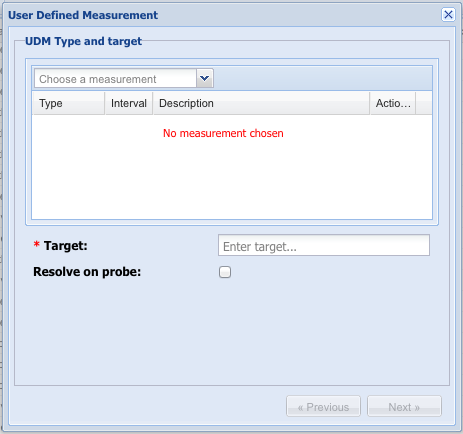
Figure 3: First screen of the new UDM wizard
The new interface includes contextual help when the pointer is hovered over a label, but if you are looking for an in-depth description of each field, we also provide a step-by-step documentation on creating a measurement .
Even Newer Features
Based on the feedback from beta-testers, we continue to work on improving UDMs. Currently we are mostly fixing bugs, and the new features will be introduced based on the feedback to the whole "road map" , taking into consideration not only technical requirements but also the needs of the RIPE NCC membership.
For example, even if this has been requested several times, HTTP measurements are restricted while the potential impact is evaluated. We are going to have discussions with RIPE Atlas community about pros and cons at the upcoming RIPE 65 meeting in Amsterdam .
Contact
Please let us know what do you think of the two new measurements types by leaving a comment under the article.
If you wish to discuss RIPE Atlas with other members of the community, please subscribe to the RIPE Atlas mailing list.

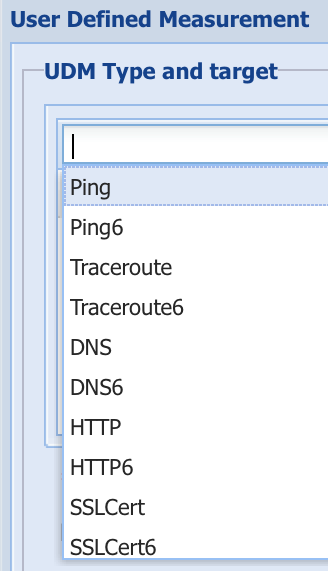
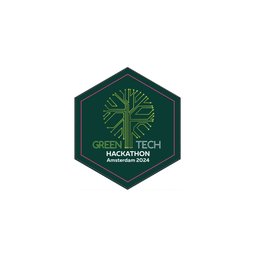
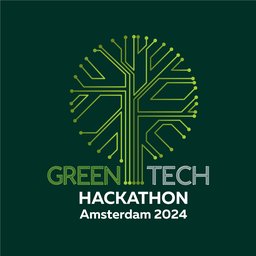
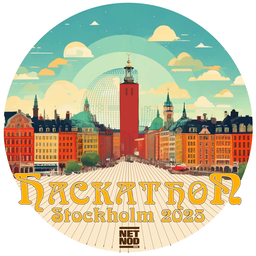
Comments 0
The comments section is closed for articles published more than a year ago. If you'd like to inform us of any issues, please contact us.